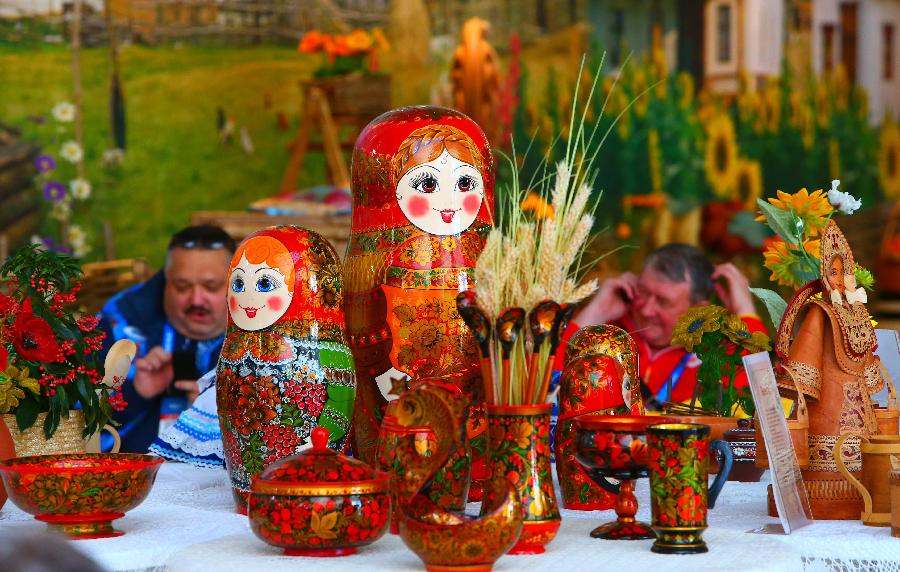During the Mongol domination the church held the Russian people together and preserved Russian customs.
在蒙古占领期间,教堂将俄国人民团结在一起,保留了俄国的风俗。
Yet the mass of Russian peasants did not fully embrace the practice of Orthodoxy until roughly 1400.
但是俄国农民这个大群体就没有充分实行正教,一直延续到1400年。
By this time Orthodoxy had taken a uniquely Russian character.
这时正教在俄国占有独特地位。
In 1453, the Byzantine Empire fell once and for all, leaving Russia as the most important Orthodox country in the world.
1453年,拜占庭帝国衰落,使俄国成为世界上最重要的政教国家。
That was a great source of pride and Russia started thinking of itself as the Third Rome.
这自豪感来源于俄罗斯开始认为自己是第三个罗马。
Four, rule of law.
第四,法规。
Kiev and Russ had its own great lawgiver in Yaroslavl The Wise who set forth the Ruskaya Pravda.
基辅和俄罗斯都在雅罗斯拉夫一世时期有法律制定者制定了雅罗斯拉夫法典。

Yet even this was far from an all-encompassing code of laws.
但是这个并不是一个覆盖方方面面的法律。
Rather like Rome's code of 12 tables the Ruskaya Pravda suggested penalties for a wide range of actions.
不像十二铜表法法典对很多行为都规定了相应的刑罚。
But again like the 12 tables the justices upheld was fundamentally unequal.
就像十二铜表法其正义在根本上是不公平的。
In both cases poorer individuals possessed less status therefore they were penalized more heavily than their wealthier nobler counterparts.
在这两种情况下,越贫穷的人地位越低,因此他们受到的刑罚比更有钱的贵族更严重。
In any event throughout the Russ principalities everything belonged to the Prince.
任何情况下,俄罗斯的公国任何东西都属于王公
And the people who lived there were not citizens but subjects.
住在那的人民不是市民而是物品。
This did not change until the Bolshevik October Revolution of 1917.
这种情况到布尔什维克1917年十月革命才得到改变。
And after that it only got worse.
从那以后就越来越糟糕。



